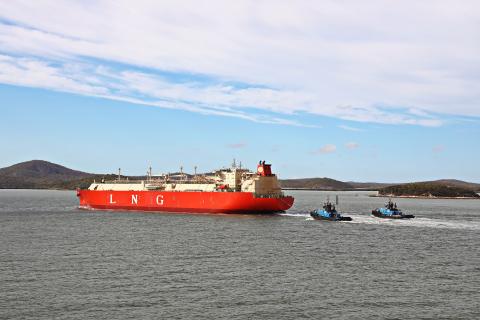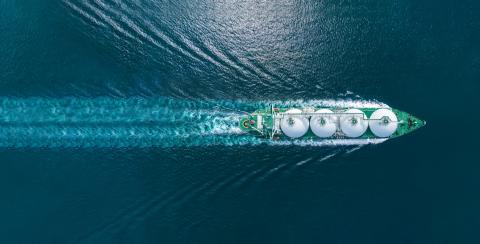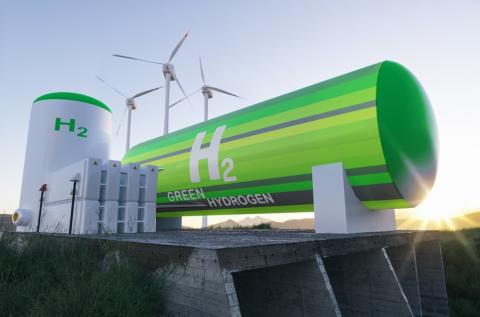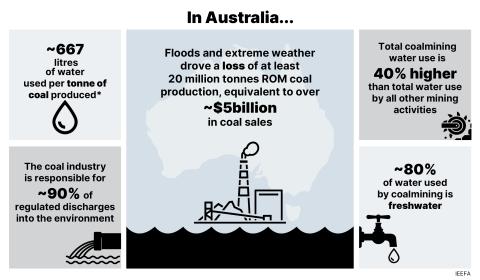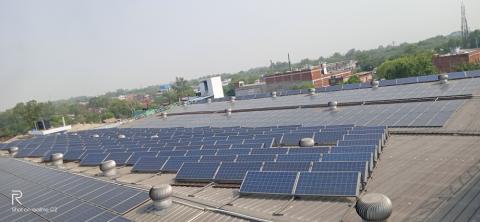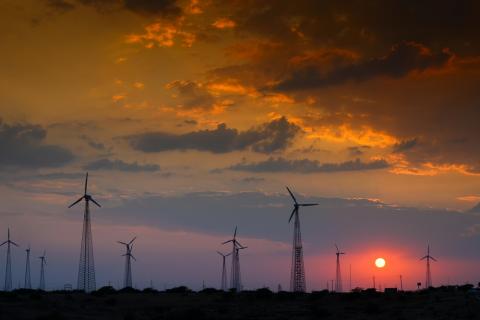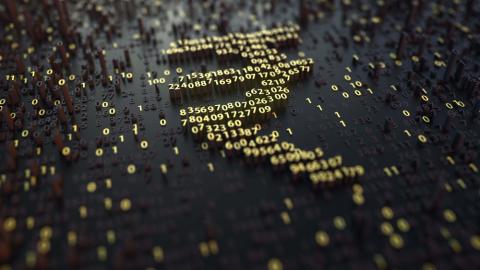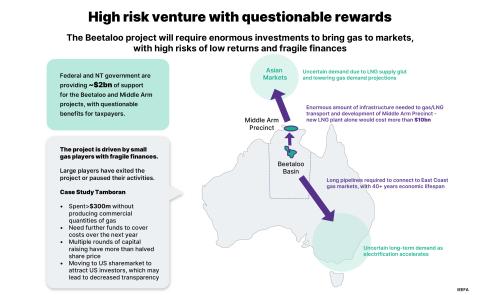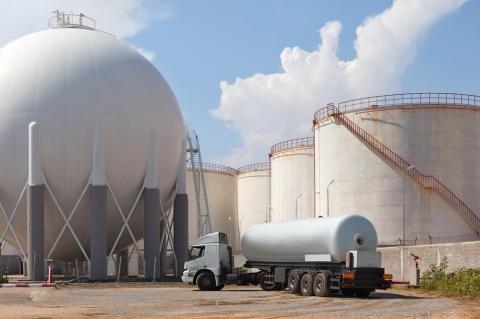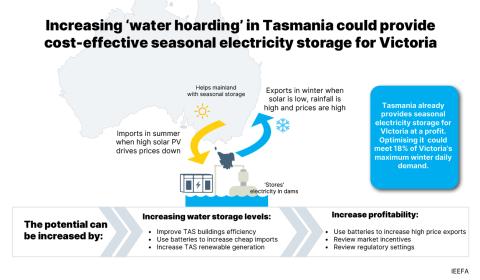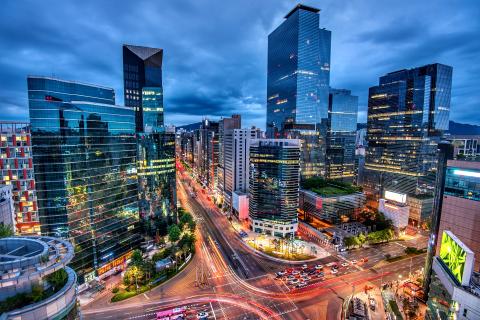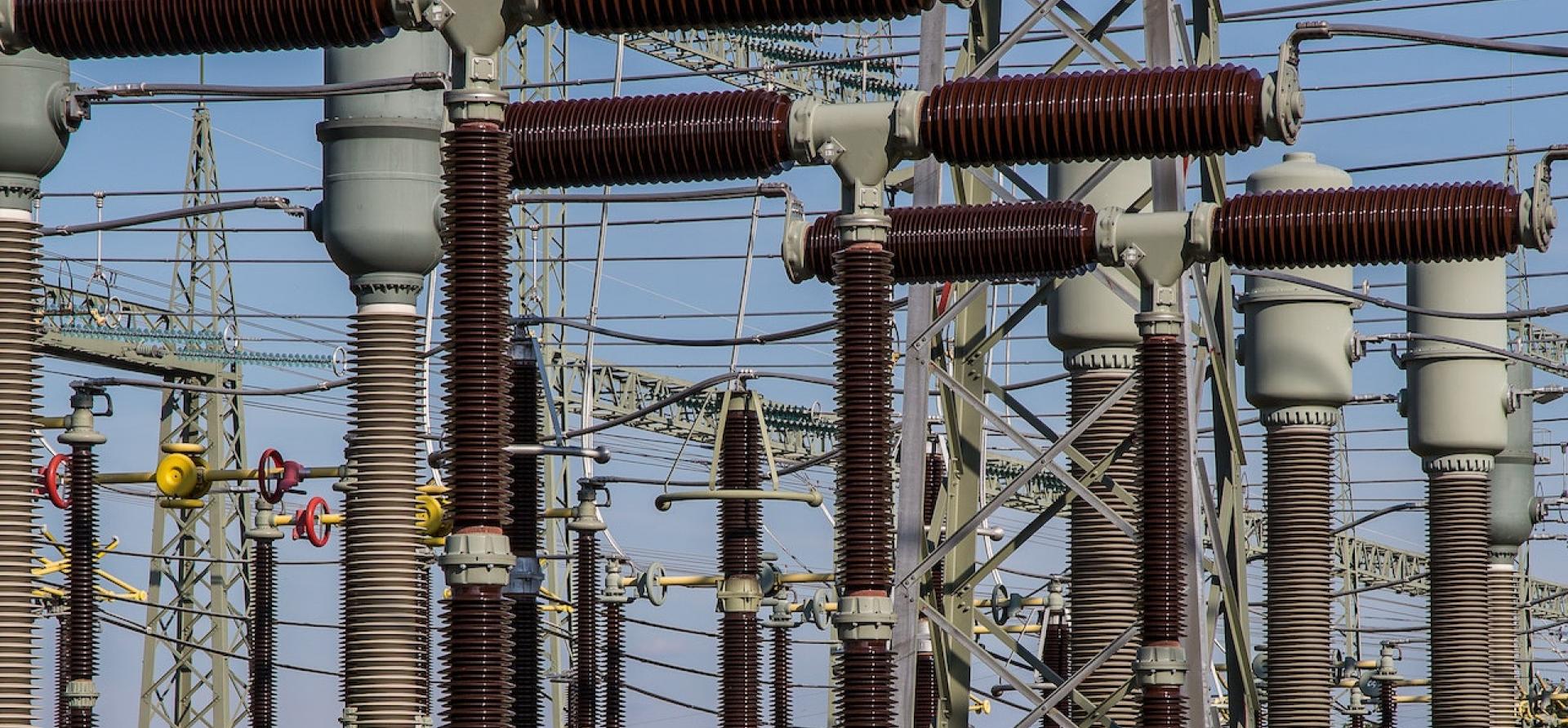
Key Findings
PLN, Indonesia’s state-owned utility, is not equipped, either in terms of its existing infrastructure or human resources, to meet the more sophisticated power system needs (particularly high-level reliability and power quality) envisioned in the new 4.0 plan.
The utility’s sprawling existing transmission and distribution system (which included 48,901 kilometres of transmission lines, 1,028,679 kilometres of distribution lines and 113,791 megavolt amperes of transformer capacity at the end of 2017) already is hard-pressed to maintain stable supplies in areas with high load densities, including Jakarta, Bandung and Surabaya.
The government also needs to acknowledge that, in the era of automation, energy demand growth likely will not be as dramatic as in years past and might be harder to forecast.
Executive Summary
In April 2018, President Joko Widodo unveiled a roadmap to drive Indonesia into the world’s top 10 largest economies by 2030. The roadmap is dubbed “Making Indonesia 4.0”, a reference to the fourth industrial revolution sweeping the world via innovations in digital technology, artificial intelligence and 3-D printing, among other areas. The plan is focused on spurring growth in five sectors of the Indonesian economy— food and beverages, textile & clothing, automotive, chemicals and electronics— and improving Indonesia’s global competitiveness and export potential.
The intent is noble, but it ignores the necessary foundation that would make it possible— a modernized, efficient and reliable electric system, one that is designed to accommodate a more sophisticated future supply and demand, rather than focusing only on adding more generation capacity. Improvements should be prioritized on the system design first. If Making Indonesia 4.0 is to become a reality, the government needs first to embark on an Energy 4.0 campaign, one that will enable the country’s electricity system to meet the digital needs of the new era affordably and reliably.
Please view full report PDF for references and sources.


